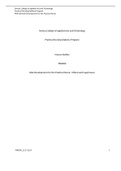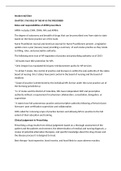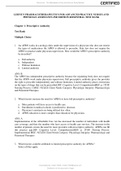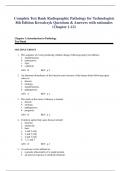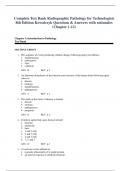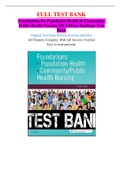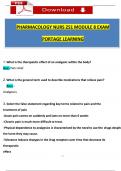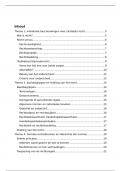Other
(GRADED A) PNR 300 Role Development for the Practical Nurse/ Practical Nursing Diploma Program/ Seneca College of Applied Arts and Technology
- Course
- Institution
(GRADED A) PNR 300 Role Development for the Practical Nurse/ Practical Nursing Diploma Program/ Seneca College of Applied Arts and Technology
[Show more]
